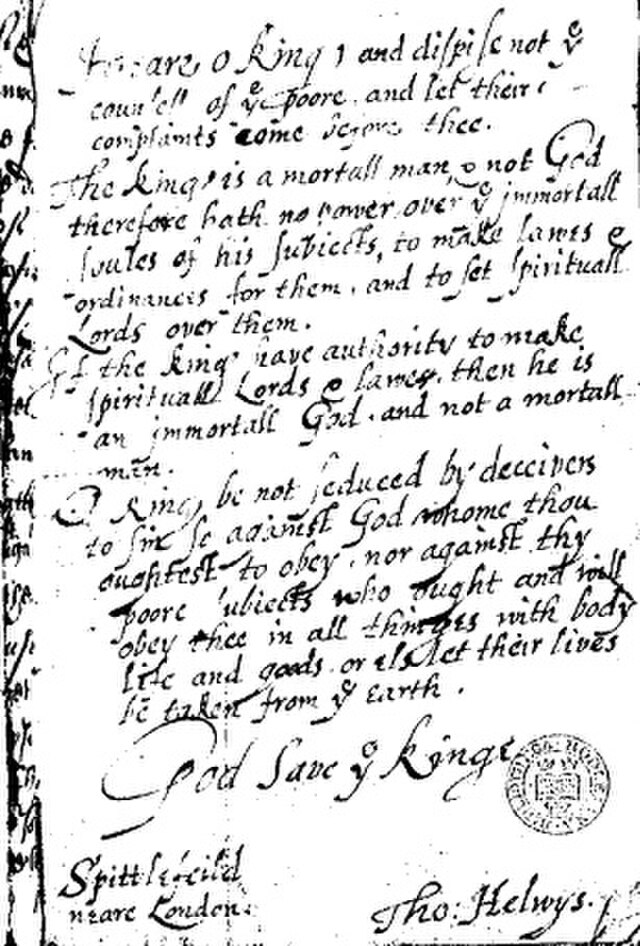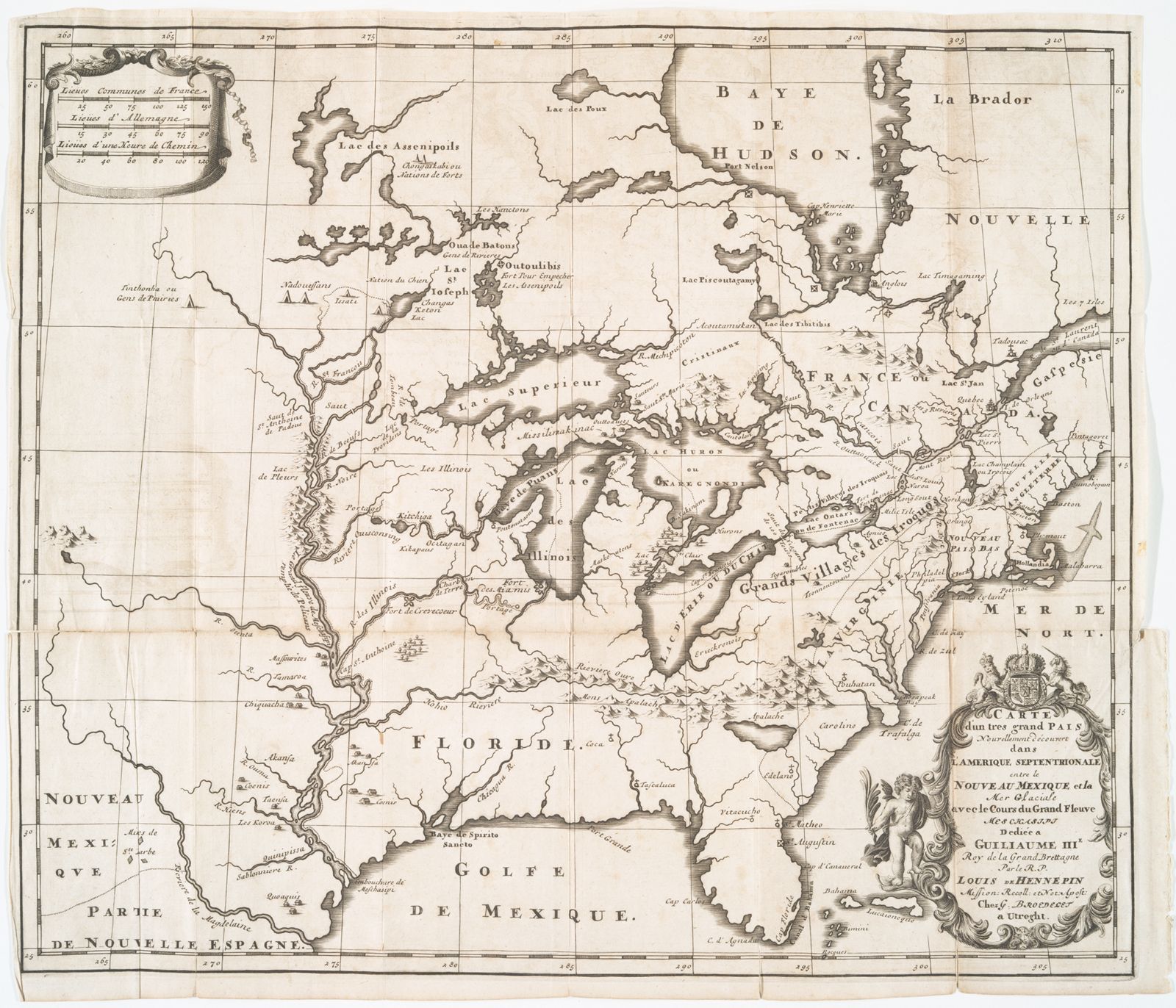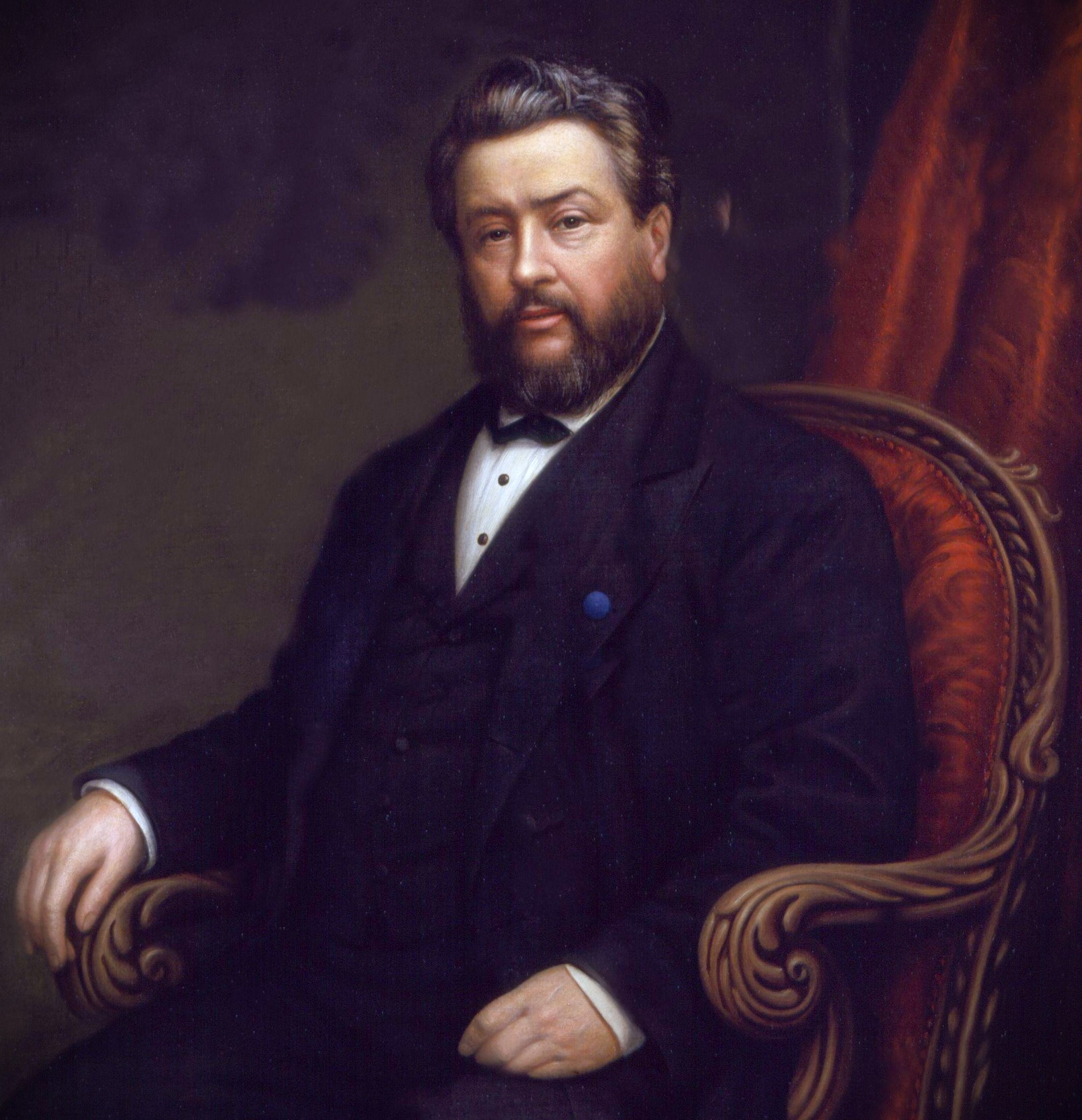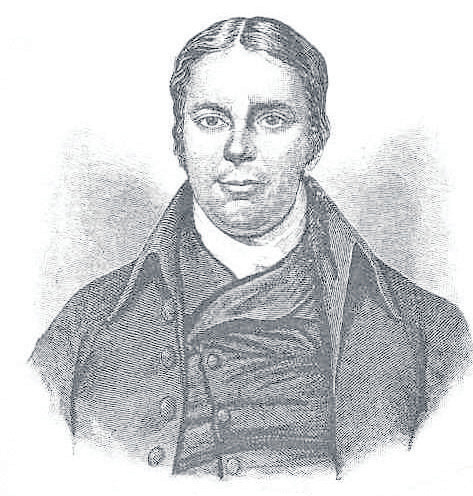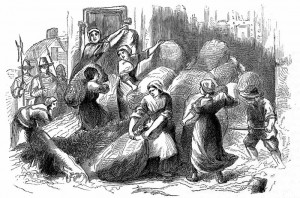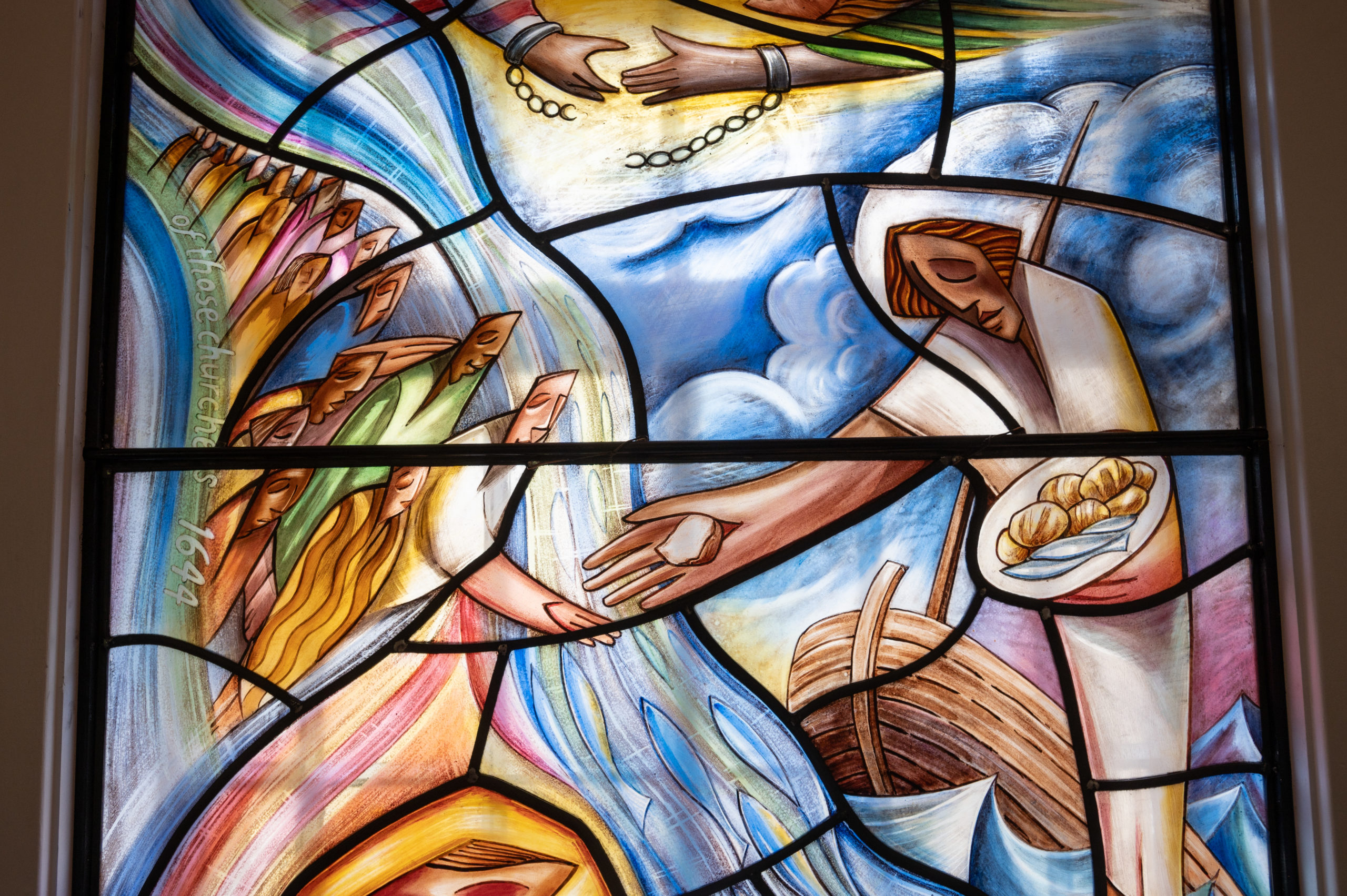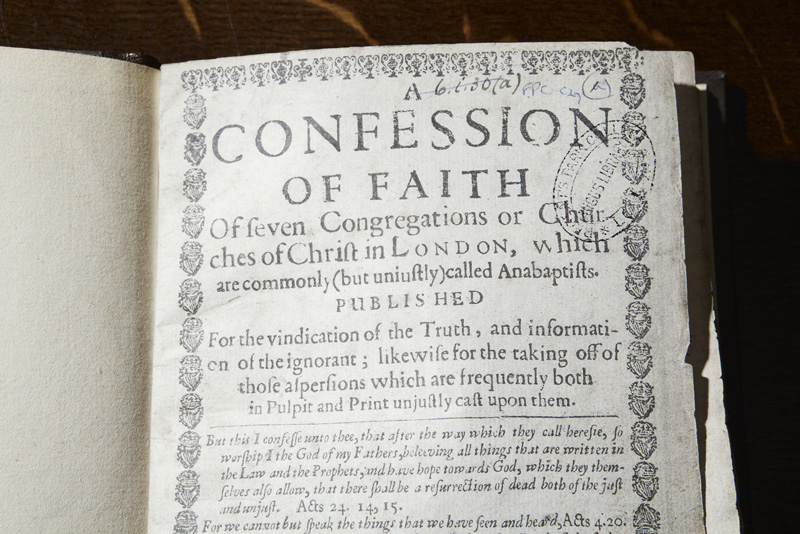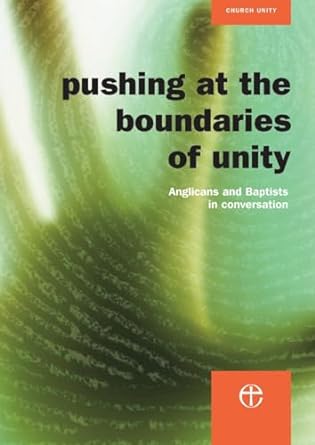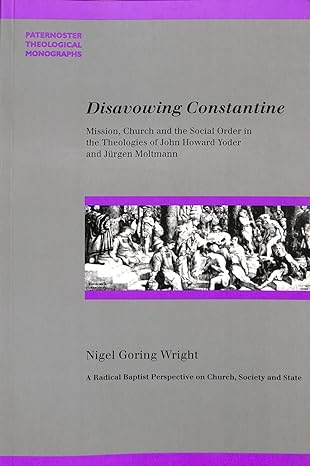An in depth one of a kind engagement with Baptist stories
- using unique material from the Angus Library (a world-leading archive of Baptist related material from the 17th to the 21st century.)
- with podcasts from expert Baptist historians and theologians including Paul Fiddes, Brian Stanley, Ruth Gouldbourne, Steve Holmes and Matthew Bingham
- exploring beginnings, expansion, covenant, revival, mission, women and the anti-slavery movement.
This course offers significant insight into some of the key stories, over four hundred years of those who claim the name Baptists. Starting with the beginnings of the Baptist movement in early 17th century to its expansion in America, Europe and around the world. The Baptist story is from a small group of exiles to diverse global alliance of over 50 million people. The course looks at the key theological idea of covenant, before exploring understandings of baptism, doctrine, cooperation, and the politics of church and state. A third part of the course looks at stories of overseas mission, Baptist involvement in the anti-slavery movement, the role and place of women, and ecumenism and inter-faith dialogue. Supporting this course in studying the stories is unique material from the Angus Library.
Each part of the course will last for eight weeks. Each unit is studied over a fortnight. The first week is an opportunity to engage in material to read, listen and study and in the second week there is an online classroom, to extend, discuss, and reflect on, learnings.
Each part of the course costs £160, payable at the beginning. You can pay for the whole course at £460 and receive a £20 discount.
For more information and how to apply contact Andy Goodliff
Course Programme
-
PART ONE:
-
Unit 1 - Beginnings: Origins, Influences and Early Years.
-
Unit 2 - Covenant: A Theological Foundation.
-
Unit 3 - Expansion: UK, US and Europe.
-
Unit 4 - Revival: Participating in and being shaped by ‘Evangelical Revival’.
-
PART TWO:
-
Unit 5 - Co-operation: Associations, Conventions and Unions.
-
Unit 6 - Mission: The Origins and Development of Mission Agencies.
-
Unit 7 - Transformation: Baptists and the Slave Trade, from Sam Sharpe to the Apology.
-
Unit 8 - Women: The role of Women from Dorothy Hazard to Lynn Green.
-
PART THREE:
-
Unit 9 - Water, Bread and Wine: Ordinances and Sacraments.
-
Unit 10 - Confessing the Faith: Doctrine through the Centuries.
-
Unit 11 - Ecumenism: Inter-Church and Inter-Faith Relationships.
-
Unit 12 - Church, State and Freedom.

